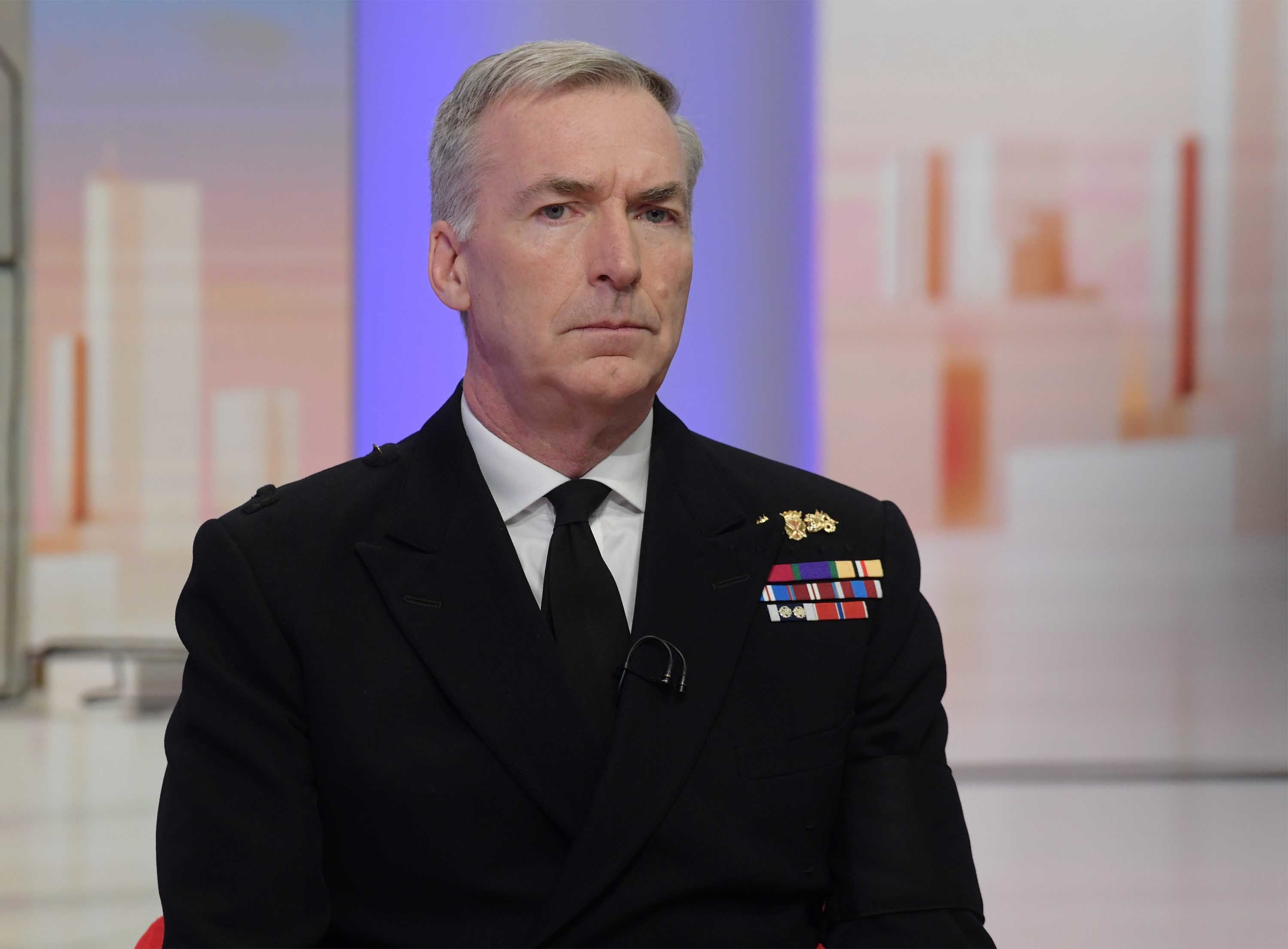More than 10,000 military staff to perform ‘last duty’ to Queen during funeral
Admiral Sir Tony Radakin said ‘enormous’ planning for the service at Westminster Abbey on Monday has gone on ‘for a very long time’.

More than 10,000 military staff are to perform their “last duty” to the Queen during her state funeral, the Chief of the Defence Staff has said.
Admiral Sir Tony Radakin said “enormous” planning for the service at Westminster Abbey on Monday has gone on “for a very long time”.
He said 6,000 military personnel will be part of the procession lining the route in London and Windsor, where the late monarch’s coffin will arrive for a televised committal service at the castle.
Over 10,000 soldiers, sailors and aviators are involved, the military chief told the BBC’s Sunday With Laura Kuenssberg programme.
Admiral Sir Tony said: “For all of us, this is our last duty for Her Majesty the Queen and it’s our first prominent duty for His Majesty King Charles, and we’re representing the nation, we’re representing our mothers, our grandmothers, our fathers, our friends, and everybody’s very, very aware of that.”
He also said: “We have the plans and now we have to execute them and there’s lots of brilliant people that are enabling that and it’s coming together as well.
“So the army the Royal Navy, the Air Force, but also our civil servants, and we’re helping other people in London, the emergency services, some of the volunteers as well, and so that this is a sombre occasion, but it’s done with the utmost respect and also affection.”
Asked if he is nervous ahead of the service, Admiral Sir Tony went on: “There’s always an element of apprehension, but we have brilliant people that help at every level, some generals that have been planning this for a long time.
“We have warrant officers and non-commissioned officers that that look at the precise execution, and that’s at my level and then all the way down.”
He told of how military chiefs have been told to “up their game” and listen to a metronome at 75 beats per minute in order to get the right rhythm for the funeral procession.
Britain’s head of the armed forces expressed his condolences to King on Saturday, saying that Charles “already” has a relationship with military chiefs.
Asked about standing vigil at the Queen’s lying in state in Westminster Hall, Admiral Sir Tony added: “Well, it’s a huge honour and privilege, it’s the first time that the Chiefs have done that.
“And I think there’s a mixture of emotions, my view of the Hall is this sense of respectfulness that the public coming through and paying their own private respects and our contribution to that, and at the heart of it is remembering that there is a grieving family.
“There’s a solemnity and precision about what you’re doing and there’s a need to concentrate to stay still for 20 minutes but then it’s also an act of reflection.
“And my personal piece was just reflecting on Her Majesty the Queen, several audiences that I been privileged to have with her, and this sense of gratitude, gratitude for what she provided to our nation, and tried to express that with the love and affection that you’re seeing throughout the country.”
Bookmark popover
Removed from bookmarks